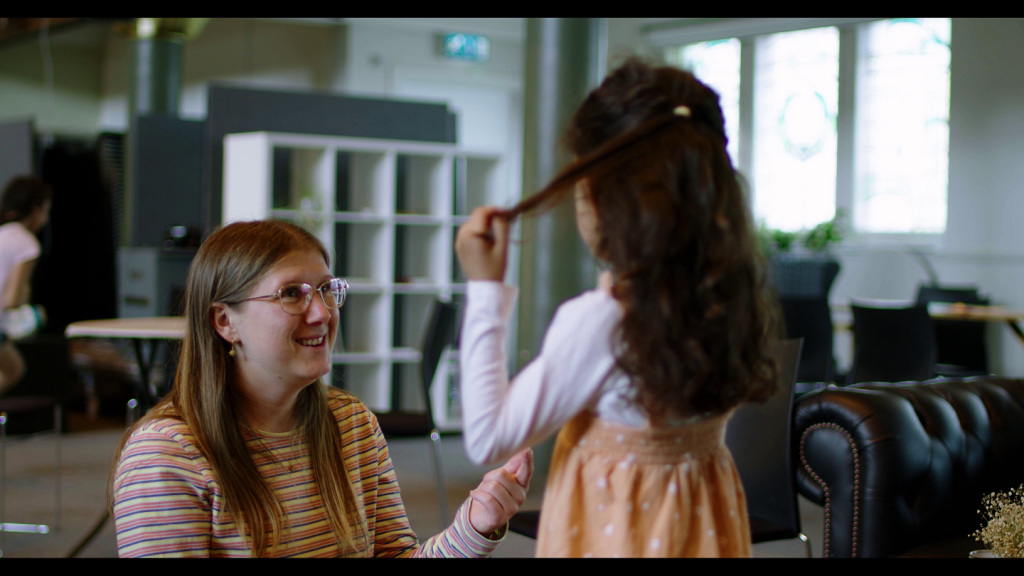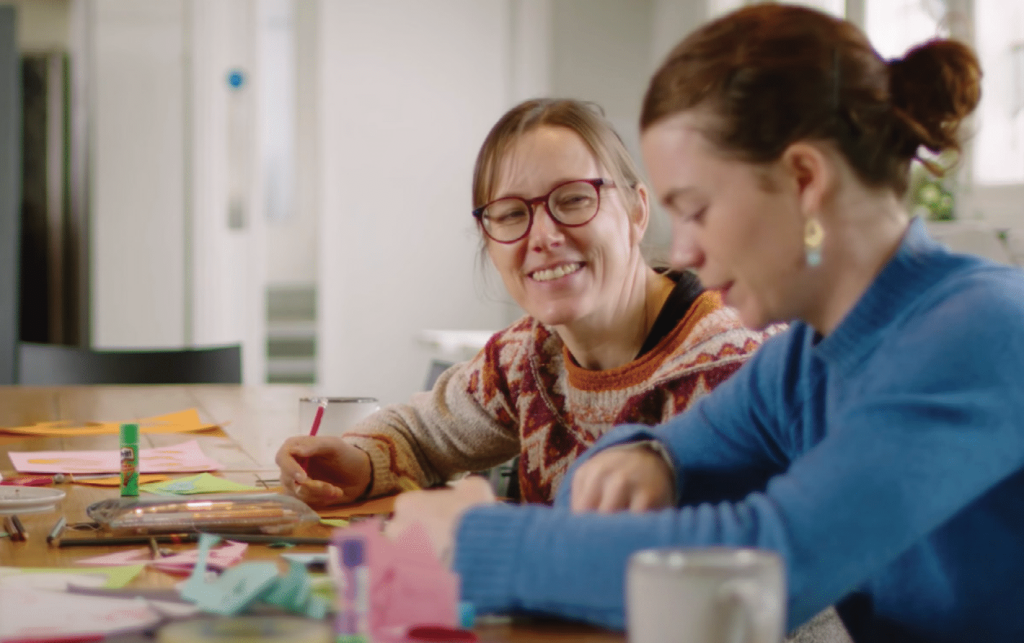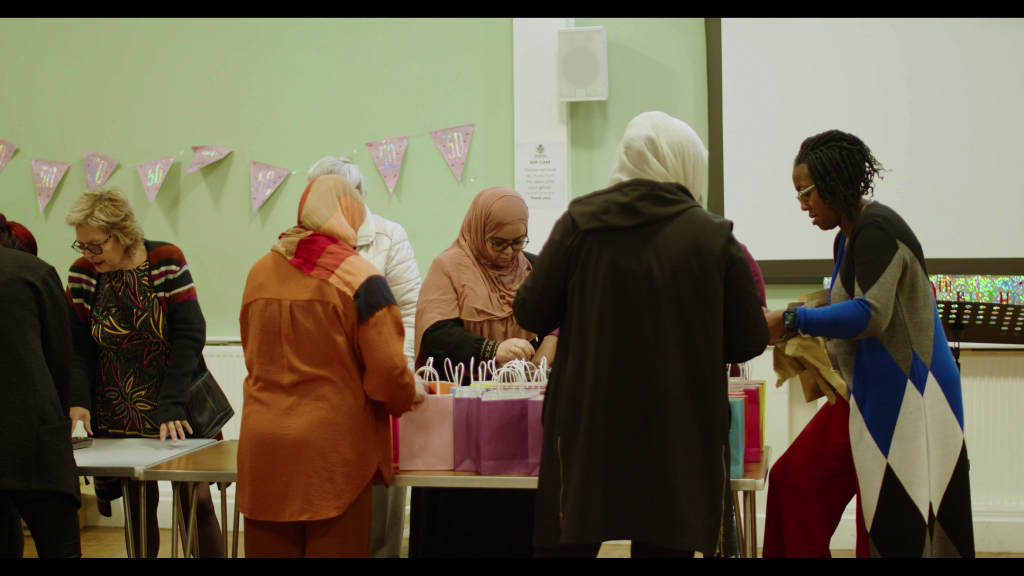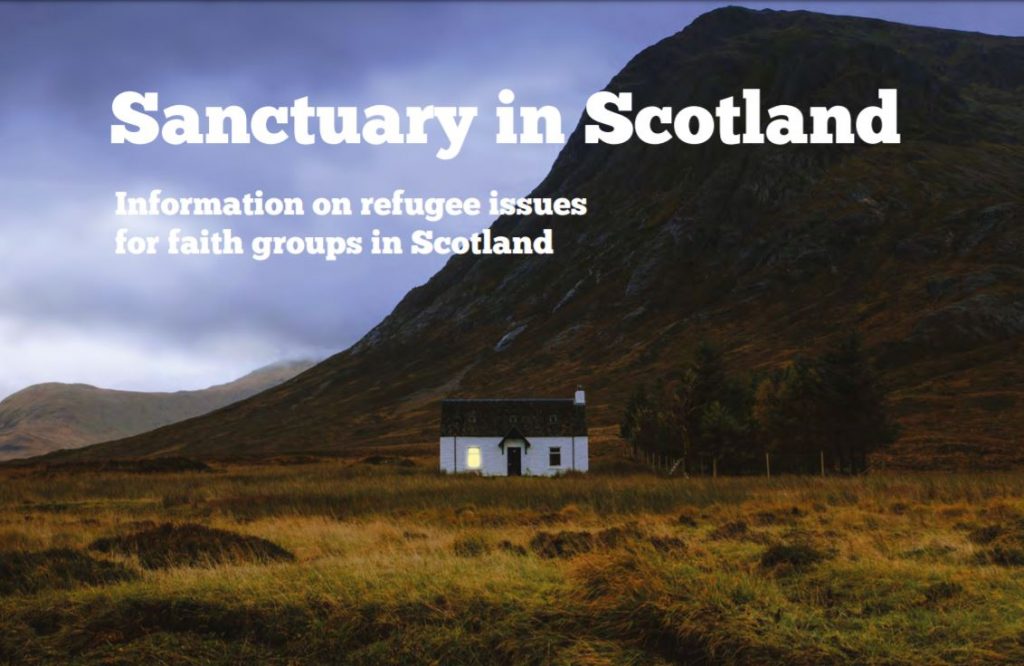Many of us would like to do more to support refugees, but don’t always know where to begin. There are many ways to get involved, but below we have outlined some helpful steps that can get you started on your journey.
Step 1: Learn
Before taking any action, it is important to take time to learn about the lives that refugees and asylum seekers are living. A good place to start can be reading about the situation facing refugees in this country and worldwide. We can recommend the our guide Sanctuary in Scotland as an accessible resource specifically written for faith groups.
As well as general information, it’s important to learn about your own community. Are there refugees in your local area? If so, where are they housed and are there particular needs you can help them to meet? Consider reaching out to local refugee charities or your local authorities’ refugee and resettlement team. Finally, the best source of information is meeting refugees and learning from their first-hand experiences. If you are not sure how to go about this, please contact us for advice and information.
Step 2: Identify an action

With some context under your belt, it is helpful to identify what action your group might want to take. When learning about the situation facing refugees, it can be easy to feel overwhelmed by the range and scale of the unmet needs. In these moments it can be helpful to focus on a few achievable actions. This could be:
- Running a welcome hub so that when people arrive in a new area the first thing they experience is a friendly face.
- Hosting English classes where people can improve their language skills (and get used to the Scottish accents). If the prospect of running a class is intimidating a conversation café might be a more informal alternative.
- Providing practical help with acquiring basics such as clothes and toiletries. This is especially important for people seeking asylum who are often living on just £8.50 per week. The key is making sure to speak to refugees and asylum seekers to identify what they actually need.
- Raising money to support organisations helping refugees abroad such as Hungarian Reformed Church Aid in Ukraine, St Andrews Refugee Service (StARS) in Egypt, and Christian Aid across the world.
- Opening community spaces where people can gather in safety, relax and build supportive relationships together.
- Speaking out against government policies that cause harm for refugees, and championing causes that will make a tangible difference in people’s lives. A great example of this is last year’s successful campaign for free bus travel for asylum seekers.
In planning these do consider whether a Faithful Welcome Small Grant of up to £500 may assist your group in getting started.
Step 3: Prepare

Once you have your idea it is important to do the necessary planning and preparation. This will include the usual risk assessing, volunteer recruitment, and training. Some additional considerations when working with refugees and asylum seekers are:
- Language barriers How will language differences impact the events/services you would like to run.
- Cultural sensitivity Learn about some of the cultural norms and expectations of the people you are working with (i.e. gender roles, religious practices, dietary requirements) and make appropriate adjustments. But it is also important not to fall into stereotyping. If in doubt ask!
- Trauma informed Be aware that people will like have likely experienced deeply traumatising situations and so respond with sensitivity. Be sure to also care well for your volunteers as they hear about other people’s trauma.
- Financial sensitivity Refugees, particularly asylum seekers, can often have very limited finances. Be conscious of this in planning (e.g. don’t expect that everyone can afford to buy bus tickets).
For resources that can help you prepare, see our pages on Practical Resources.
Step 4: Go!
Be bold and commit to supporting people seeking sanctuary. Be willing to change and adapt as time goes on, and enjoy the experience of building relationships with new and interesting people. And please do share your progress with us at SFAR, we would love to hear from you.


